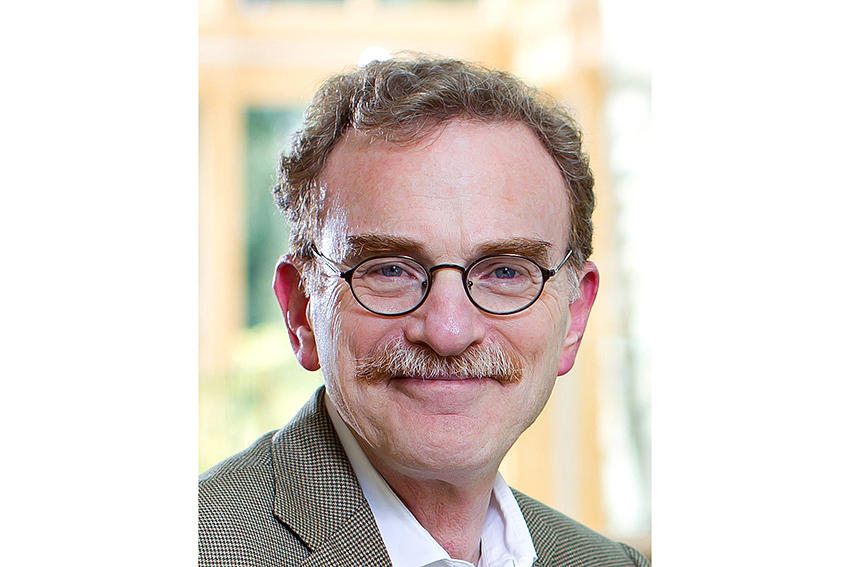At UT’s Annual Burdette Lecture, a Nobel Prize winner discussed a potential method for early cancer recognition.
This year’s lecturer, Randy Schekman, a molecular biology professor at the University of California at Berkeley, presented his findings on the abnormal rate at which human tumor cells secrete RNA.
“It may be that this RNA can not only be readily detected in living humans, but also aid in disease detection,” Schekman said.
Healthy human cells do not rapidly release RNA, but tumor cells do. Schekman said scientists can use diagnostic tools to locate secreted RNA and find sick cells. After taking a sample of the patient’s blood, health agencies can monitor the progression of a tumor using the information from diagnostic tests.
Currently, doctors may use procedures such as biopsies to detect and diagnose tumors. Scientists could use Schekman’s research to employ this new method, called exosome diagnostics, to allow for real-time monitoring of cancer cells without surgical techniques.
Schekman’s RNA research has strong implications in neurological diseases, such as Parkinsons, pharmacy assistant professor Som Mukhopadhyay said.
“Researchers all over the world have been influenced by what he’s done,” Mukhopadhyay said.
Schekman won the 2013 Nobel Prize for his discoveries about protein transport in cells. He also contributed to a method of obtaining protein drugs from yeast and cells.
On Monday, March 21 at the Union Theater, faculty, staff, and students came together for the Burdette Lecture. Speakers at the event are often Nobel Prize recipients and Howard Hughes Investigators. The lecture series was founded to put a spotlight on molecular genetic findings with the help of the Institute for Cellular and Molecular Biology.















